Advanced Intellectual Property: Trademark Infringement Report
VerifiedAdded on 2022/08/14
|5
|754
|13
Report
AI Summary
This report analyzes a potential trademark infringement case involving Aldi and Kellogg's, focusing on whether Aldi's product design infringes on Kellogg's trademarks. The analysis delves into the relevant provisions of the Trademarks Act 1995 (Cth), specifically addressing grounds for challenging trademarks such as identical or deceptively similar designs, and the concept of a 'badge of origin' for consumers. The report examines key case law, including Cadbury Schweppes Pty Ltd v Darrell Lea Chocolate Shops Pty Ltd, Shell Co. (Aust) Ltd v Esso Standard Oil (Aust) Ltd, and Southern Cross Refrigerating Co v Toowoomba Foundry Pty Ltd, to determine the likelihood of confusion and deception. The conclusion considers whether Kellogg's can successfully claim trademark infringement, given the similarities in product branding. The report highlights the importance of considering the surrounding circumstances and the exceptions outlined in the legislation, offering a comprehensive understanding of trademark law in the context of this real-world scenario.
1 out of 5
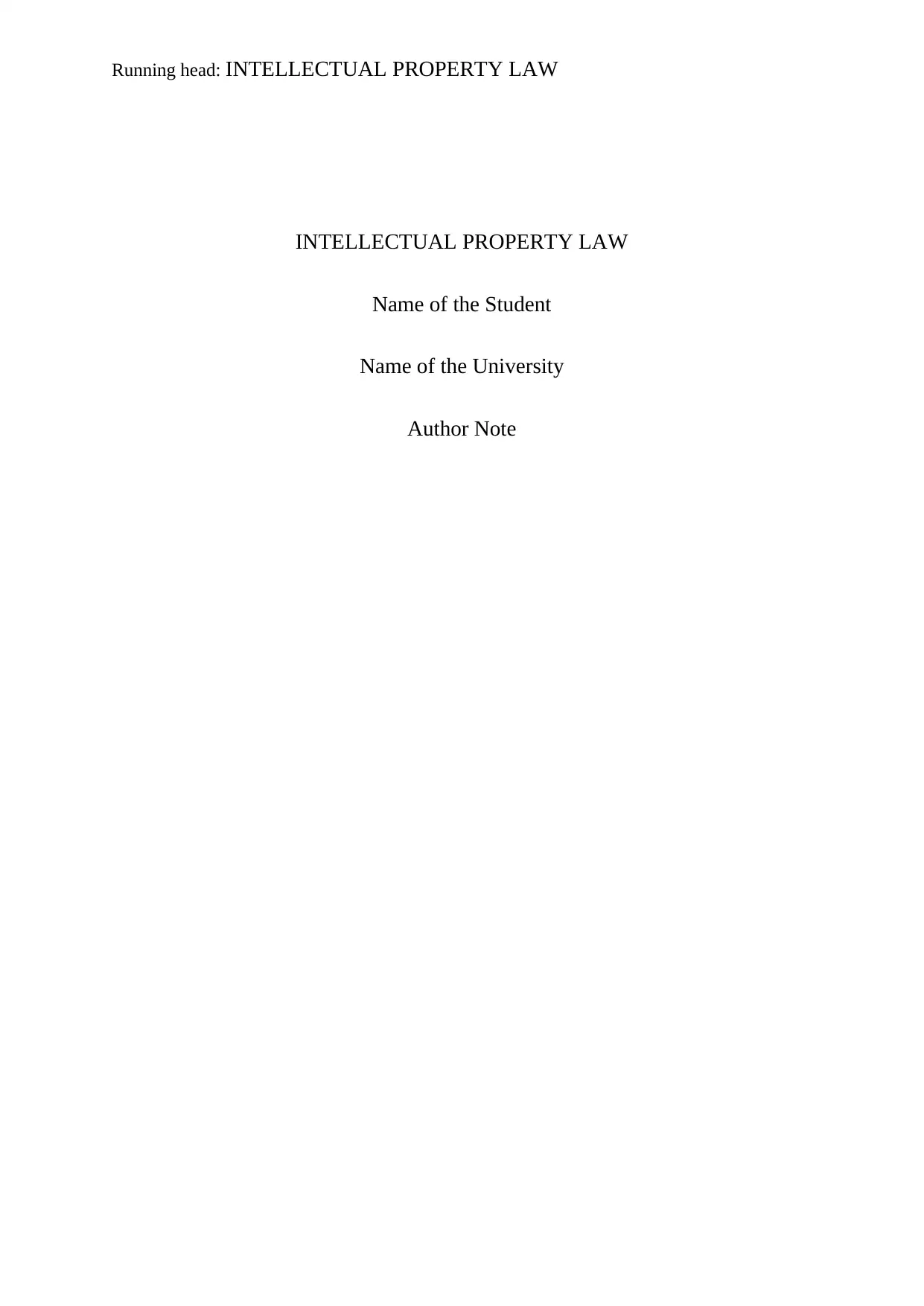
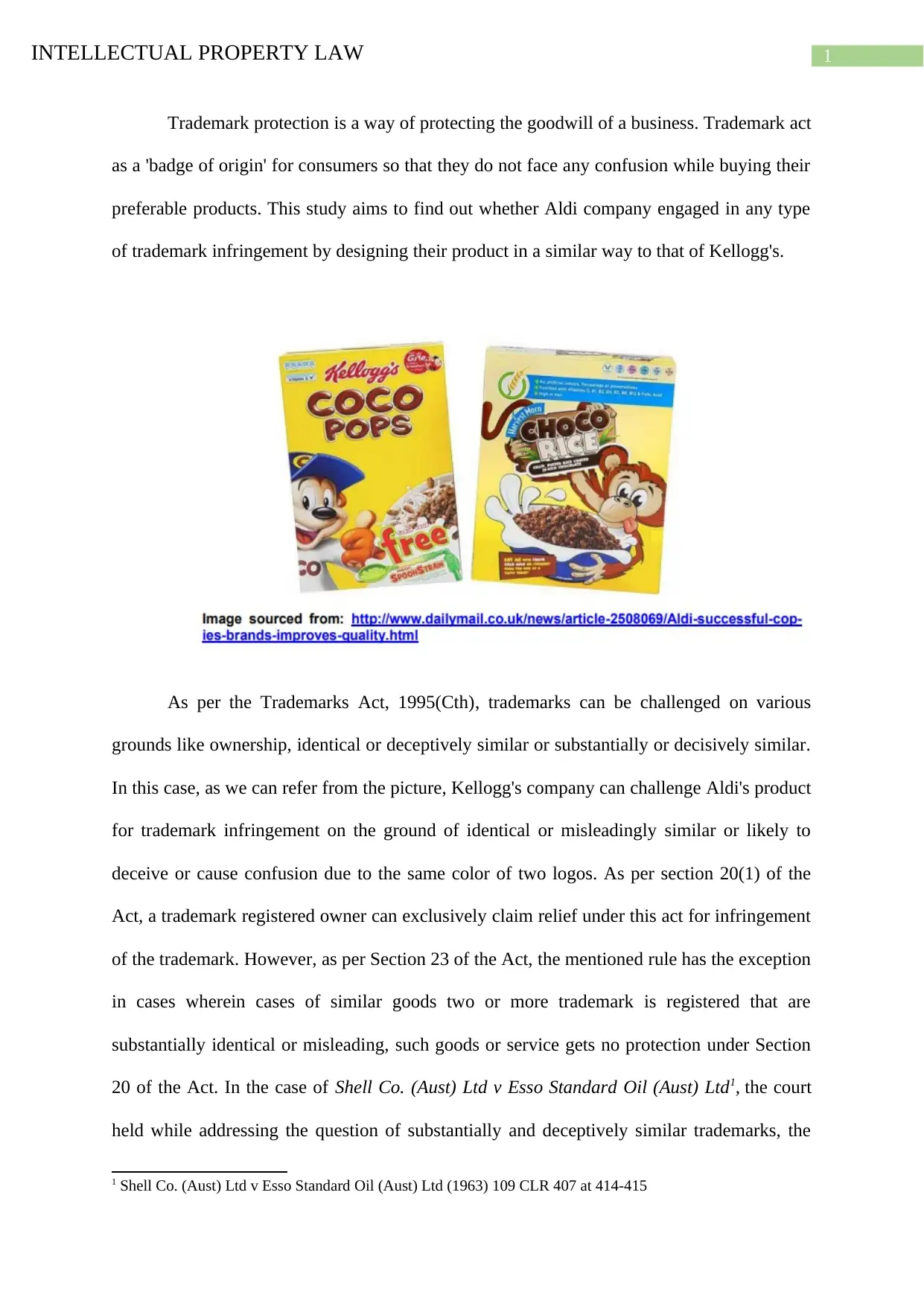
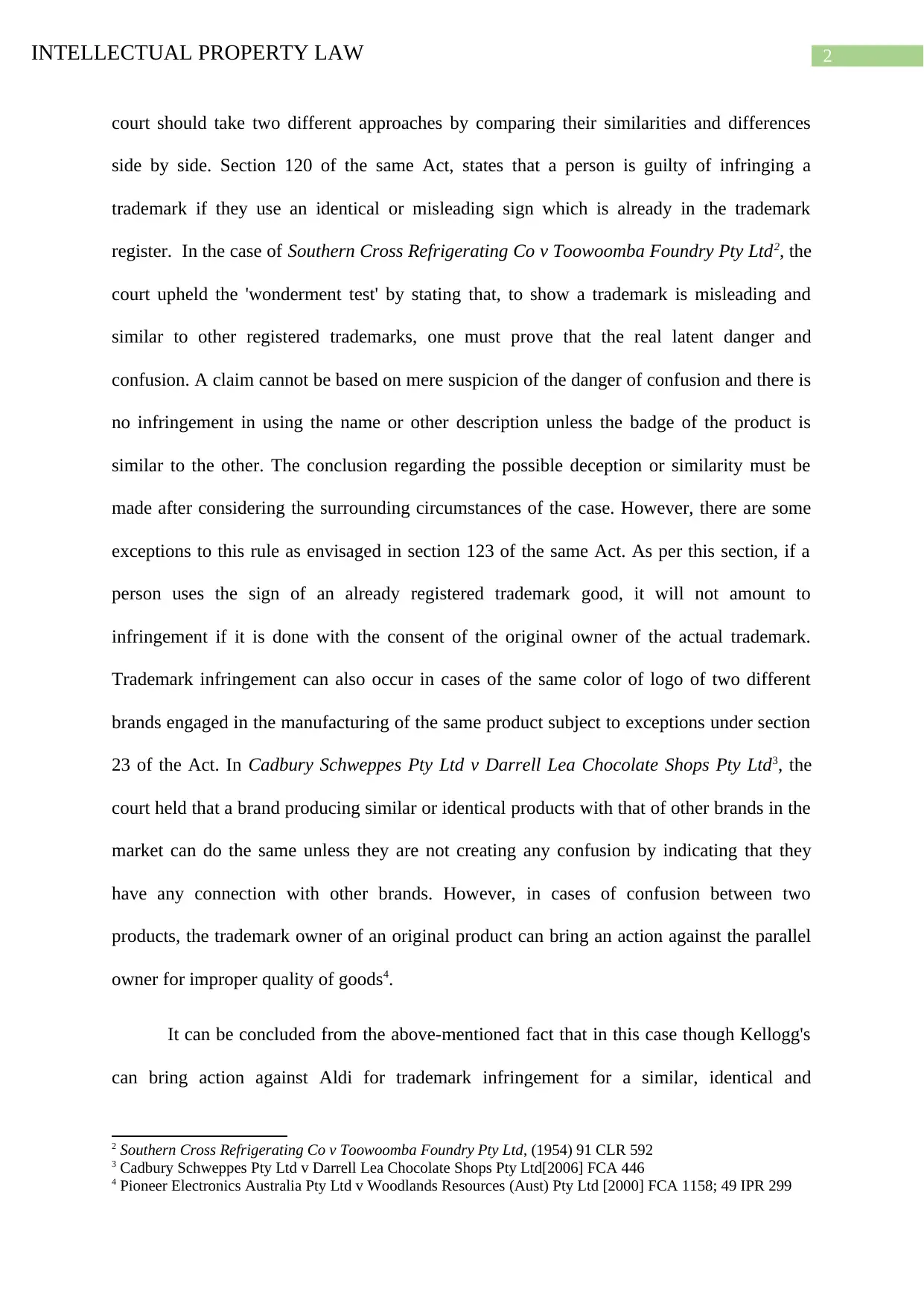

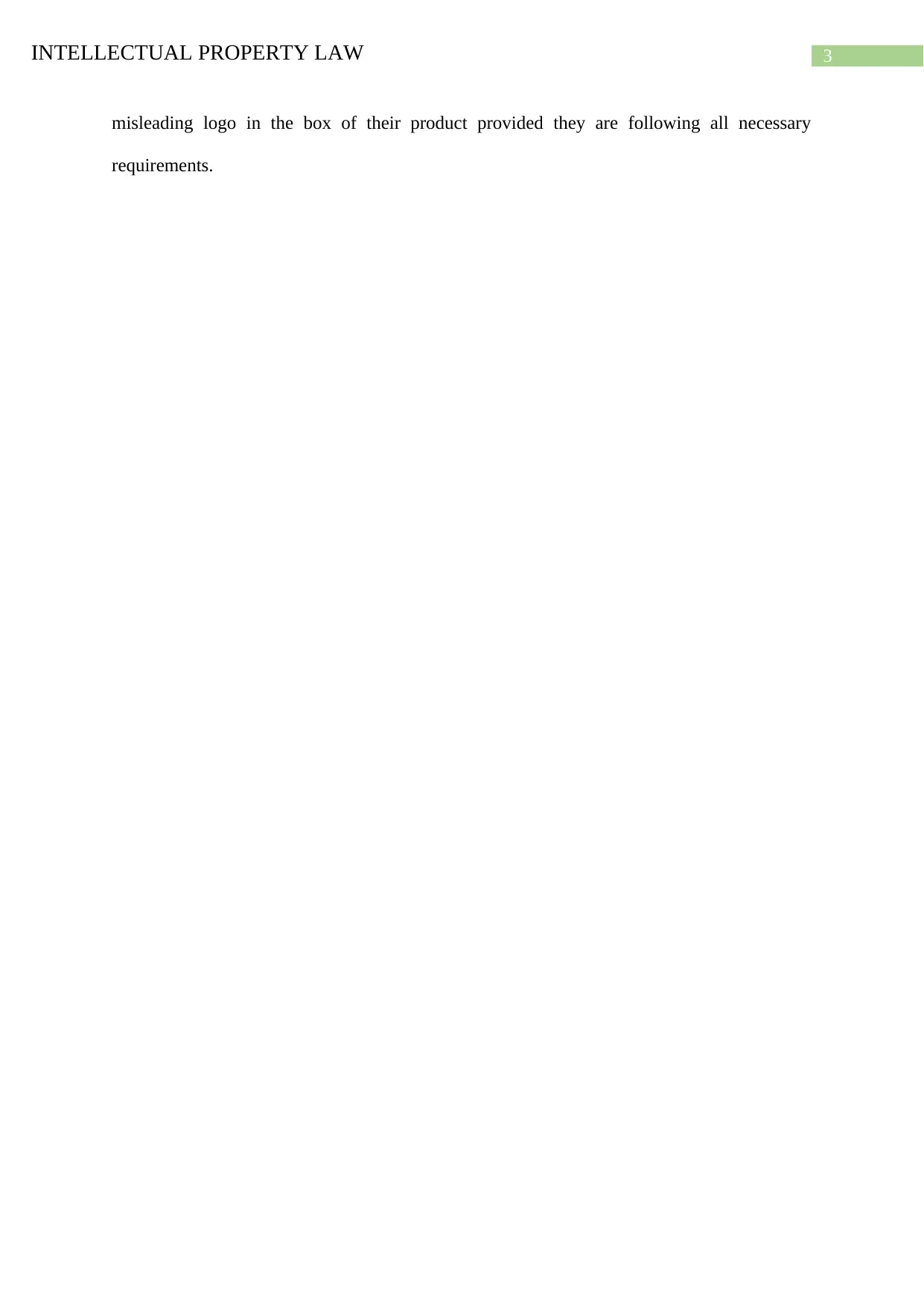
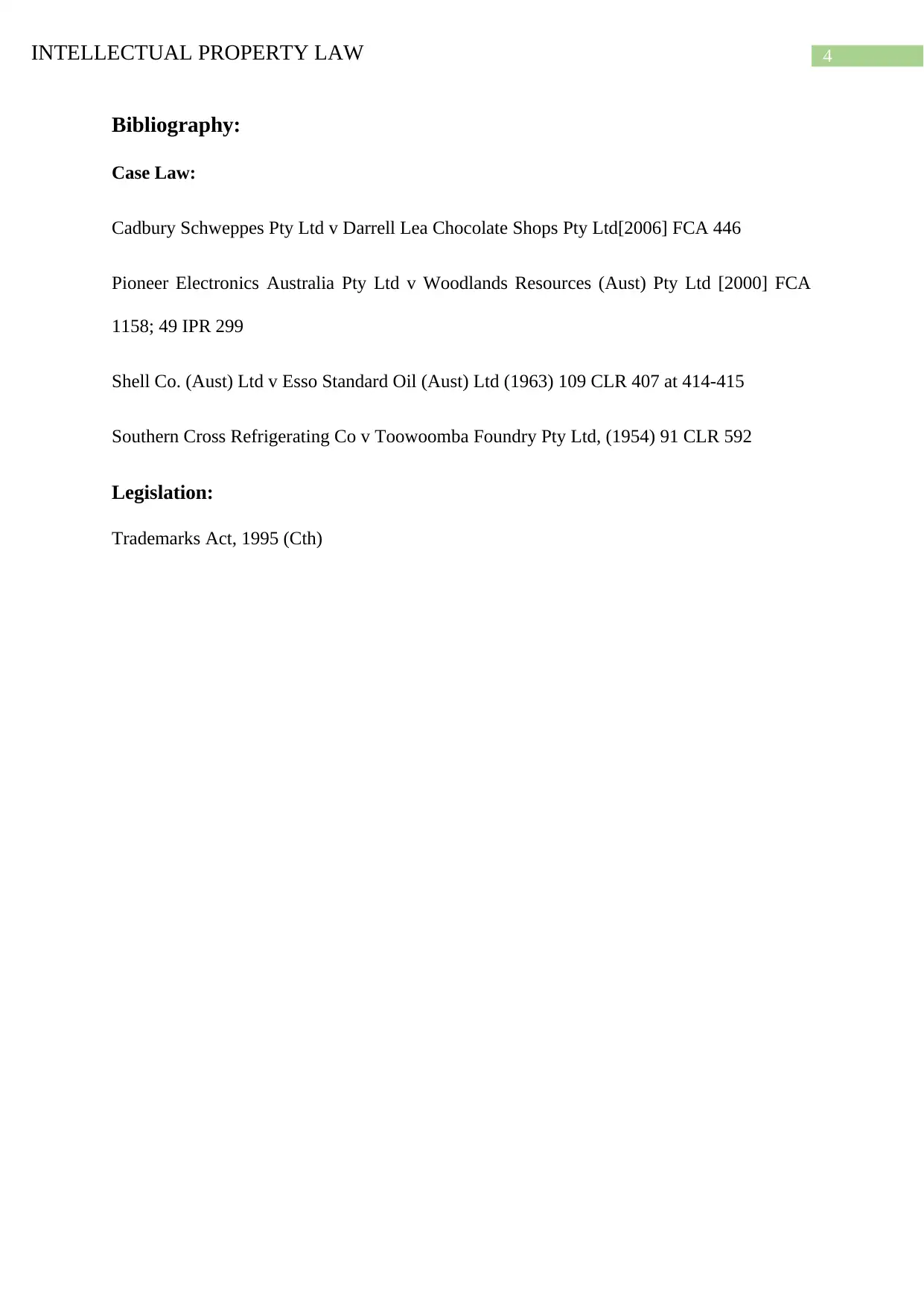






![[object Object]](/_next/static/media/star-bottom.7253800d.svg)